Inequality is a contentious political issue in Indonesia, and a key theme in the current election campaign leading up to this month’s presidential elections. The incumbent, President Joko Widodo (known as Jokowi), speaks routinely of how his welfare and land redistribution schemes can close the gap between rich and poor. His challenger, Prabowo Subianto, campaigns on a message of “Adil Makmur” or “Fair Prosperity.”
Indonesia is indeed a deeply unequal country. Since the early 2000s, inequality has grown faster here than in any other country in Southeast Asia. Although the divide narrowed somewhat after 2013 (when the resource boom ended), levels of income inequality remain comparatively high by global standards. And when it comes to wealth inequality—measured in terms of property and assets—Indonesia ranks sixth worst in the world.
Such stark socio-economic disparities have become fodder for populists in recent elections, including this year’s presidential election. Divisive, and often sectarianized, political narratives about inequality have polarized public opinion and contributed to Indonesia’s current moment of democratic decline.
Fodder for populists
For Prabowo, the New-Order-general-turned-authoritarian-populist, inequality has been a staple rallying point at his campaign events for many years. During his 2014 presidential bid, Prabowo’s fiery monologues railed against Indonesia’s corrupt elite and appealed to ordinary Indonesians’ sense of economic injustice.
Back then, Prabowo infused those narratives about inequality with sectarian sentiment, intimating that economic disparities were the fault of a privileged ethnic Chinese and Christian minority. (The Chinese Indonesian community are disproportionally represented by the country’s business class.) Prabowo sought to mobilize a Muslim constituency that was disenfranchised with the status quo, and the concentration of wealth within a narrow political class and a wealthy Chinese elite. This year Prabowo is running for office once more, and the message remains largely the same.
A sectarianized discourse around inequality was even more explicit in the campaign against Jakarta’s Christian Chinese governor, Basuki Tjahaja Purnama (Ahok), during the 2017 gubernatorial elections. In that election, a coalition of Islamist groups and mainstream Islamic organizations and politicians claimed Islam forbids Muslims from choosing a non-Muslim leader. They urged Jakartans to instead vote for Anies Baswedan, the candidate backed by Prabowo and his opposition coalition. At the same time, though, protagonists invoked old resentments about Chinese economic domination, resentments to which Anies himself made subtle appeals after his victory.
Inequality and democratic decline
The Indonesian case is not unique. Around the world, populists have sought electoral gain by responding to popular dissatisfaction with economic distribution. Often, illiberal populists frame such economic problems as the fault of an “other”—foreigners, migrants, or minorities. The electoral success of figures like President Trump in America, left-wing populists in Latin America, and the growing popularity of right-wing parties in parts of Europe, have led many analysts to conclude that populists, with their anti-elite, anti-establishment rhetoric, do well under conditions of deep or increasing socio-economic inequality.
This, in turn, has prompted a flurry of new research into the relationship between inequality and rising “democratic backsliding” in both established and young democracies. Yascha Mounk, for example, places much of the blame for democratic regression on inequality and stagnating socio-economic mobility, which leads people to lose faith in the democratic status quo. Ronald Inglehart and Pippa Norris suggest inequality feeds social resentment, erodes popular trust in democratic institutions, polarizes the public, and makes citizens susceptible to the anti-establishment and xenophobic rhetoric of populist figures and parties. In their account of America’s democratic crisis, Steven Levitsky and Daniel Ziblatt even argue that a democracy’s fate can “hinge” upon the problem of inequality.
It is well worth looking at the Indonesian case in light of these comparative debates. Not only does Indonesia suffer immense inequality, but its democracy has become increasingly illiberal over the past decade, in part due to the rise of a populist and sectarian form of political mobilization described above.
How do Indonesians really feel about inequality?
So, what is the relationship between inequality and democracy in Indonesia? To the extent that popular dissatisfaction with wealth distribution exists, does it motivate support for populist figures, or feed into broader resentment toward the democratic status quo? Surprisingly little work has been done to try and understand perceptions of inequality in Indonesia, which is puzzling given the sharp and increasing levels of wealth concentration in this young democracy.
To try and get at this problem, we conducted a nation-wide, representative survey in September 2018 that examined popular perceptions of income inequality. We found that Indonesians were almost equally divided when asked about the fairness of income distribution: 41 percent said current levels of income distribution were fair or very fair, and 42 percent said unfair or very unfair. These varied perceptions of economic distribution, we discovered, were determined less by an individual’s income, education, or feelings about their own economic situation, and more by their political preferences.
More specifically, people who felt income distribution was unfair, and believed the income gap was getting worse, were far more likely be dissatisfied with President Jokowi’s performance, and to support Prabowo in the upcoming 2019 elections and the parties in his opposition coalition. We also found that people who endorsed the Islamist campaign against Jakarta’s governor, Ahok, were much more likely to view income distribution as unfair. And our data suggested a strong correlation between those who felt income distribution was unfair, and those who expressed dissatisfied with democracy, and distrust in democratic institutions such as parliament and the courts.
Implications for the 2019 elections
At first glance, the results seem to confirm many theories in the growing comparative literature on the negative political effects of economic inequality. The correlation between dissatisfaction with income distribution and support for Prabowo and the anti-Ahok movement suggests populist campaigns might be tapping into public anxieties about material inequality, and attracting those Indonesians who feel most aggrieved, and who lack faith in democratic institutions as a result.
It is almost impossible, however, to tease out cause and effect. It is very likely, for example, that Indonesians who would vote for Prabowo, and dislike Jokowi for a range of reasons—including his more pluralist and secular political identity—are simply more likely to affirm the narratives about inequality that Prabowo and his Islamist allies have deployed consistently for many years. The president’s loyal supporters, on the other hand, are much more likely to reject the notion that income distribution is unfair, because such claims are associated with the political opposition. Indeed, our data suggest that when similar questions were asked at earlier points in the Jokowi presidency, and at the end of the Yudhoyono presidency back in 2014, individuals’ responses were less clearly correlated with their political preferences.
In other words, our data likely illustrate the effects of the politicization of inequality. After two divisive electoral campaigns in 2014 and 2017 in which problems of economic distribution were mobilized and manipulated by political and religious elites, the Indonesian electorate has become divided along partisan lines on questions of inequality.
Against this backdrop, it is hard to imagine that either presidential candidates’ narratives about inequality has had traction beyond their loyal bases. Prabowo’s continued reliance on old tropes about corrupt elites and exploited masses has done little to help boost his electability above 35 percent. And despite Jokowi’s immense investment in welfare and land redistribution schemes, the polls suggest he’s made few inroads into Prabowo’s electoral base.
Politicizing inequality: Good or bad for democracy?
What effect does the politicization of inequality have, both for democratic politics and for Indonesia’s socio-cultural landscape beyond the 2019 elections? Making inequality a more politically salient issue is not inherently bad, if such a campaign can draw public attention to the problem and motivate more redistributive policies. Even when tied to populist movements, the politicization of inequality can produce positive outcomes: New research suggests that in countries where populists win office, their governments have, on average, managed to close the income gap and achieve a more equitable distribution of income and wealth.
However, when politicians frame inequality in ethno-religious terms, the effect is often to deepen social divisions and sew distrust. Mietzner and Muhtadi, for example, show that in the aftermath of the anti-Ahok movement, an increased number of Indonesians opposed non-Muslims running for office, and felt Muslims were economically worse off than non-Muslims. Sandra Hamid’s more ethnographic account of the post-Ahok atmosphere in Jakarta also paints a picture of rising intolerance and distrust.
In a similar vein, our own research suggests that economic disparity itself has not caused Indonesian citizens to lose faith in their democracy, or even support anti-democratic actors; rather, it is politicians and community leaders’ willingness to invoke a sectarian reading of socio-economic disparity that threatens Indonesia’s democratic fabric.
The Brookings Institution is committed to quality, independence, and impact.
We are supported by a diverse array of funders. In line with our values and policies, each Brookings publication represents the sole views of its author(s).



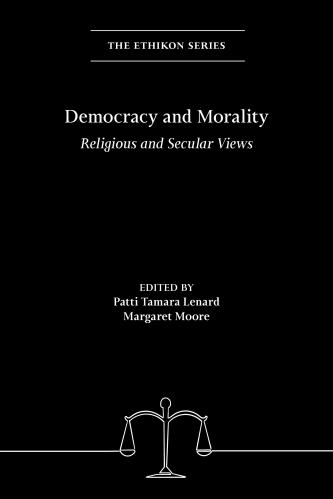
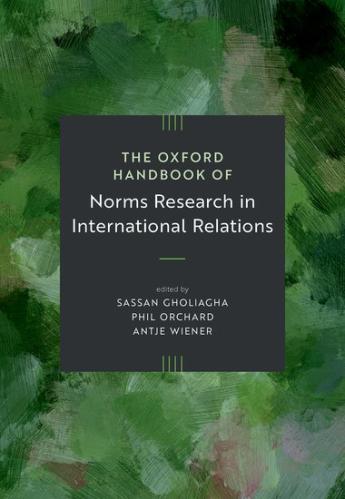
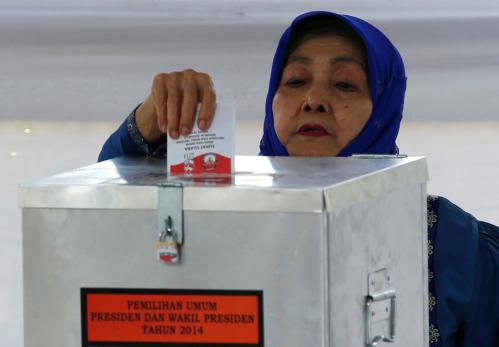
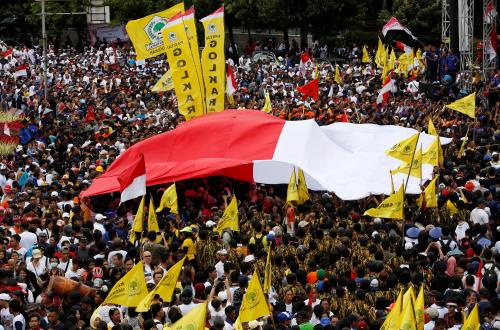
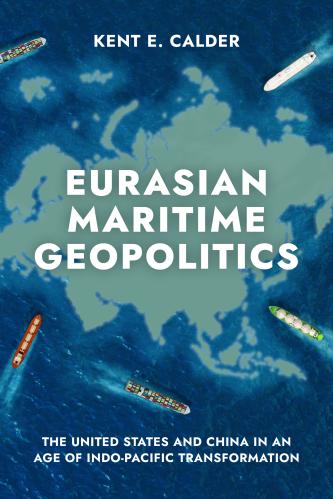
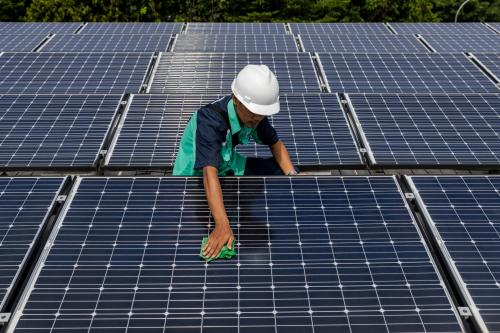
Commentary
Politicizing inequality in Indonesian elections
April 8, 2019